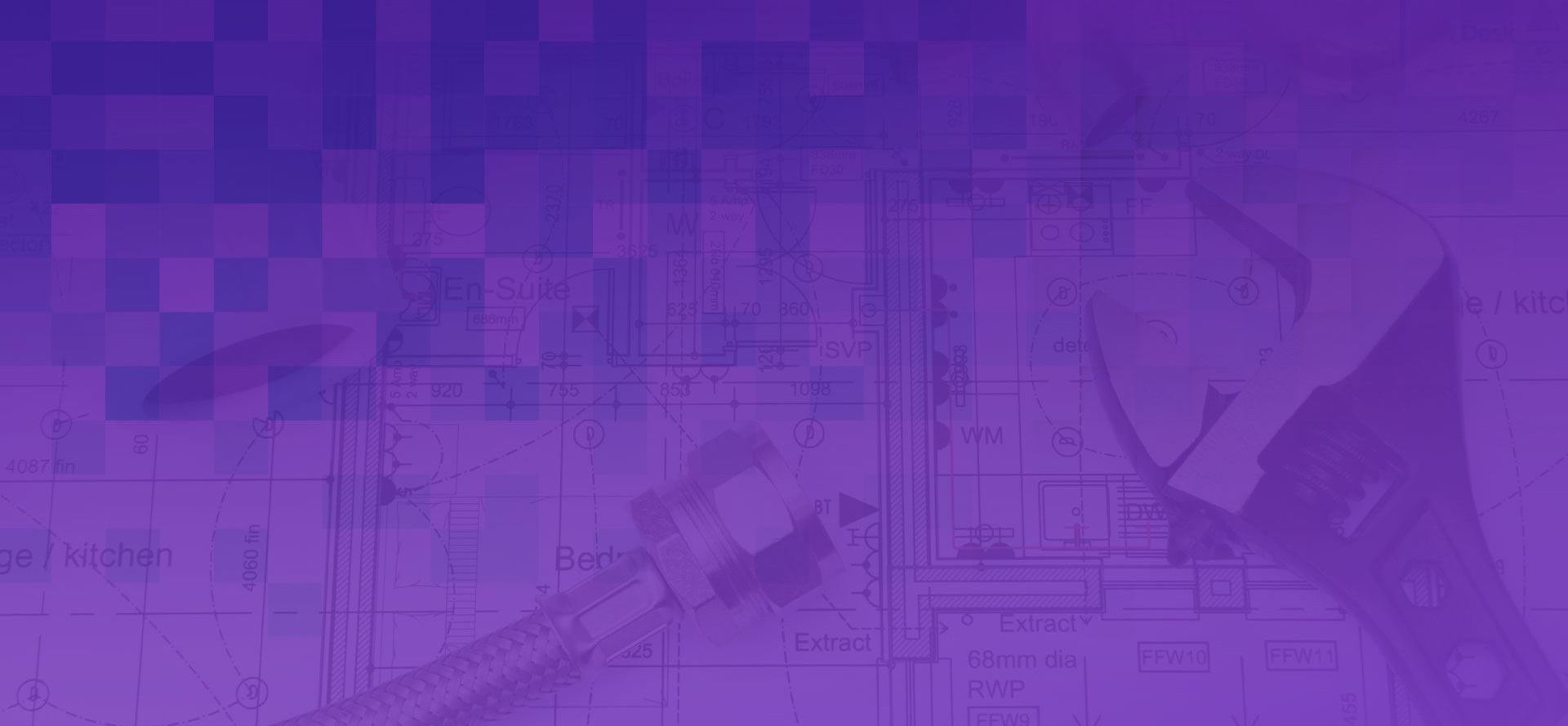Common Causes of Water Leaks
Learning you have a leak in your home can be stressful. There’s the time you need to take away from work to have someone come and fix it. Then add to that the cost of repairs, and any potential damage you may have in the house as a result. It can be a nightmare.
This is why knowing what causes water leaks, and how to prevent them can be so valuable. Check out the top causes for leaks, and stop them before they start.
How Old are Your Pipes?
If your pipes are old, you can bet you’re going to run into problems sooner rather than later. Particles, grease, minerals, and other build-ups will make themselves at home inside your plumbing. This can lead to backups, corrosion, and ultimately, leaks.
Always ask about your plumbing system when taking over ownership of a home. Certain types of pipes have longer life spans, so also be sure to ask about the type of plumbing the house has.
What is Your Water Quality Like?
Hard water can carry inorganic materials, like calcium and magnesium, that can damage your plumbing. Mineral build-up creates limescale deposits on the inside of your pipes, which can lead to backups, corrosion, and yes, leaks.
Annual plumbing inspections can help you with water leak detection. A professional will be able to tell you if there are any problems or foreseeable issues. Don’t take any chances when it comes to the integrity of your pipes.
The Wrong Water Pressure Could Mean Disaster
You can determine, and control your water pressure with a couple easy to get tools. A hose bibb gauge, and a pressure-reducing valve.
The hose bibb gauge will show the water psi, and the pressure-reducing valve will bring the pressure down when it gets too high.
Both can be purchased at any hardwood store in and around Milwaukee, WI. Water pressure, depending on the house, can sit anywhere from 30-50 or 80 psi. To be sure yours is in range, contact a plumber and ask, it could save your pipes from future damage.
Corrosion and Rust Will Wreak Havoc
If your plumbing system is old, and not well maintained, you might want to check your pipes for corrosion. While you can’t see what’s going on inside them, your pipes will definitely tell you a story on the outside.
Watch for rust, discoloration, or warping of your pipes. This is a sign of corrosion and needs to be addressed immediately. Also, pay attention to the taste of your water.
If it starts to taste off, call a plumber in right away to take a look to prevent future water leak repair. So, now you have graduated to water leak detection expert. No leaks are going to get past you this time. Remember, your plumbing is an intricate system that relies on you to take care of it. Be good to it, and it will do the same for you!
